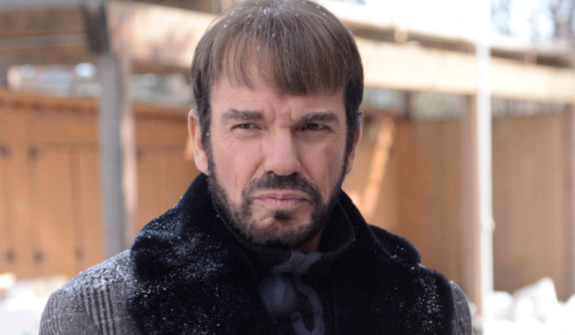Is TV the new film?
Once upon a time, many moons ago, the cinema was born. Audiences would flock to their local picture house, pay an entrance fee and sit in darkness watching a huge screen in an exciting shared viewing experience.
Then came the young pretender, television, which quickly went from becoming an unaffordable rarity to a household norm.Â
The two media travelled hand-in-hand along parallel paths, with a handful of actors among the few in the industry making the crossover between big and small screen. Today, however, things are very different.
In all the years I have been writing about film and TV and speaking to producers and line producers on a regular basis, I have recently witnessed a gradual shift away from the mid-budget and independent feature film. From what I am told by those deep within the industry, it is getting harder to raise finance for the £5m-£12m range projects.
Meanwhile, back in telly world, we have been enjoying the rise of big-budget drama, seeing projects with serious spending power and A-lister audience pull amassing critical raves and rating success.
 Billy Bob Thornton in Fargo
Billy Bob Thornton in Fargo
There is clearly a direct correlation between the two trends, for a number of reasons, including the fact that film financers have become increasingly jittery. There are fewer mid-range distributors in operation and far less certainty at the box office. Blockbusters generally perform well, but the amount of money poured into the production, marketing, promotion and publicity is unthinkable for most filmmakers.
It is pretty clear that there is something a lot more personal going on here. With fast-moving and relatively affordable technology ensuring that many households have multiple screens of varying sizes, and downloadable or on-demand viewing becoming standard, it appears that people just want more control about what and, more importantly, when, to watch their favourite programmes.
.jpg) Game of Thrones
Game of Thrones
With the advent of shows like Game of Thrones, with their cinematic style and luxe production values, has come an audience demand for more and more high-quality drama. How many people 'fessed up to bingeing on Breaking Bad?
It seems that every day there is a new announcement from film giants such as Sony, Spielberg and the Weinsteins about their major moves into TV drama, a shift that is echoed by the heavyweight A-list talent boarding various TV projects, both in front of and behind the camera.
For behind-the-camera creatives, the appeal of television is in the creative freedom they can provide.
Possibly one of the hottest actors around, Tom Hardy, is developing a behemoth period drama series for TV, exec produced by movie supremo Ridley Scott. In a recent interview, Hardy summed up the appeal of working on major projects in the genre: "Quality shows are being produced because of the ability to invest in characters for many seasons. As a creative, you get to spend more time with these characters and can push the envelope with scenes that may be left out of a film."



